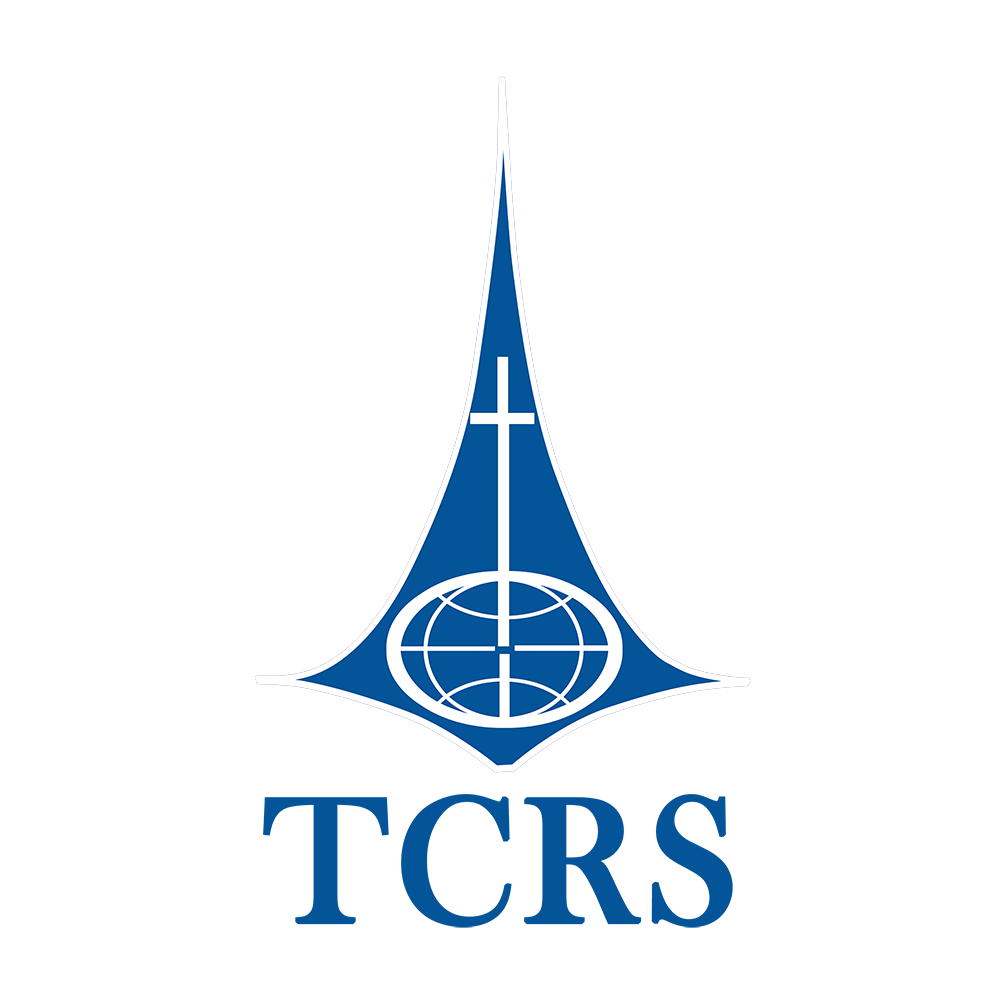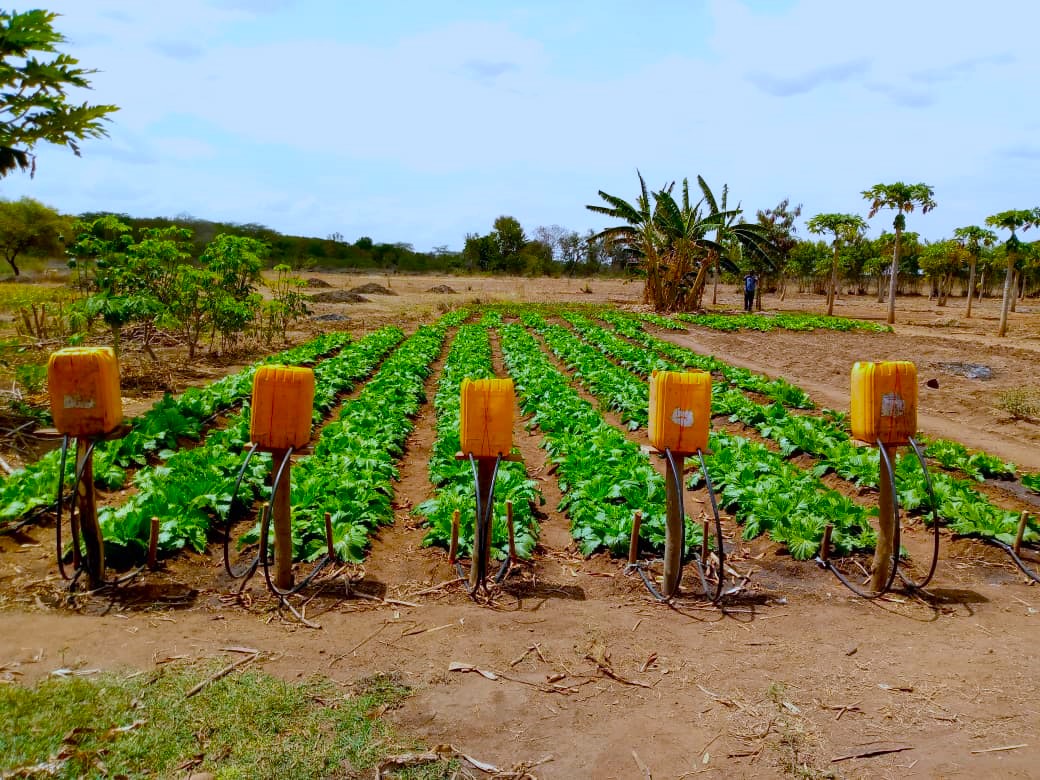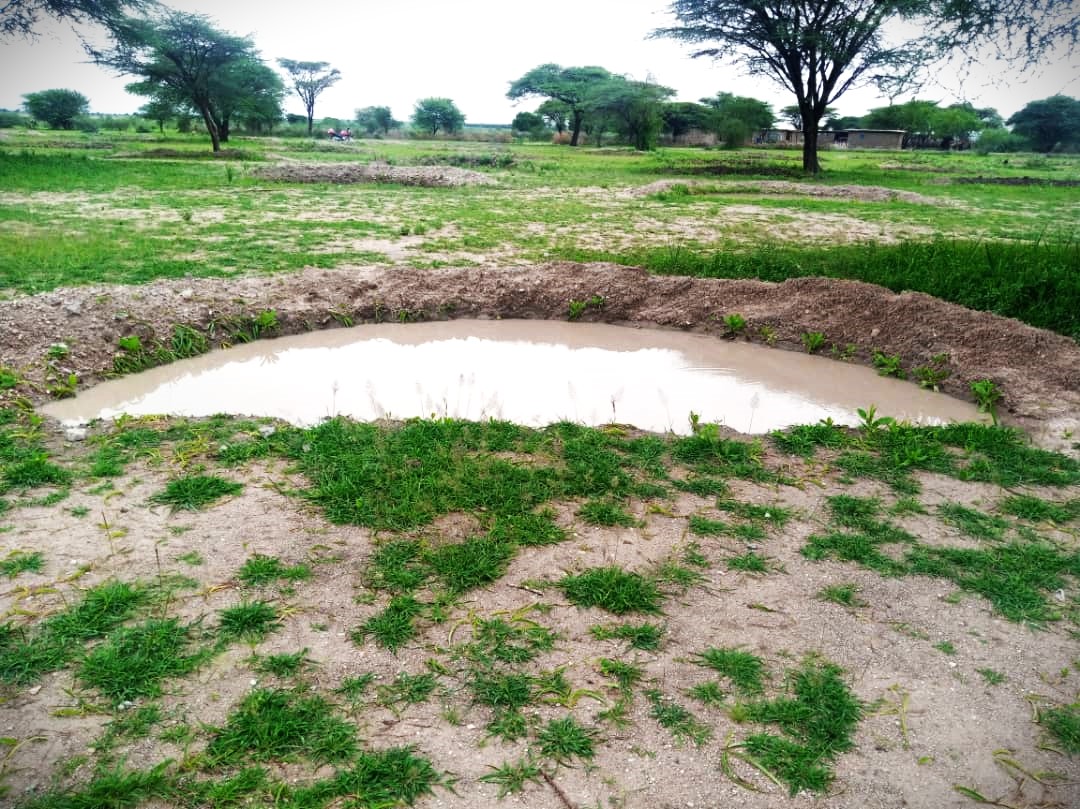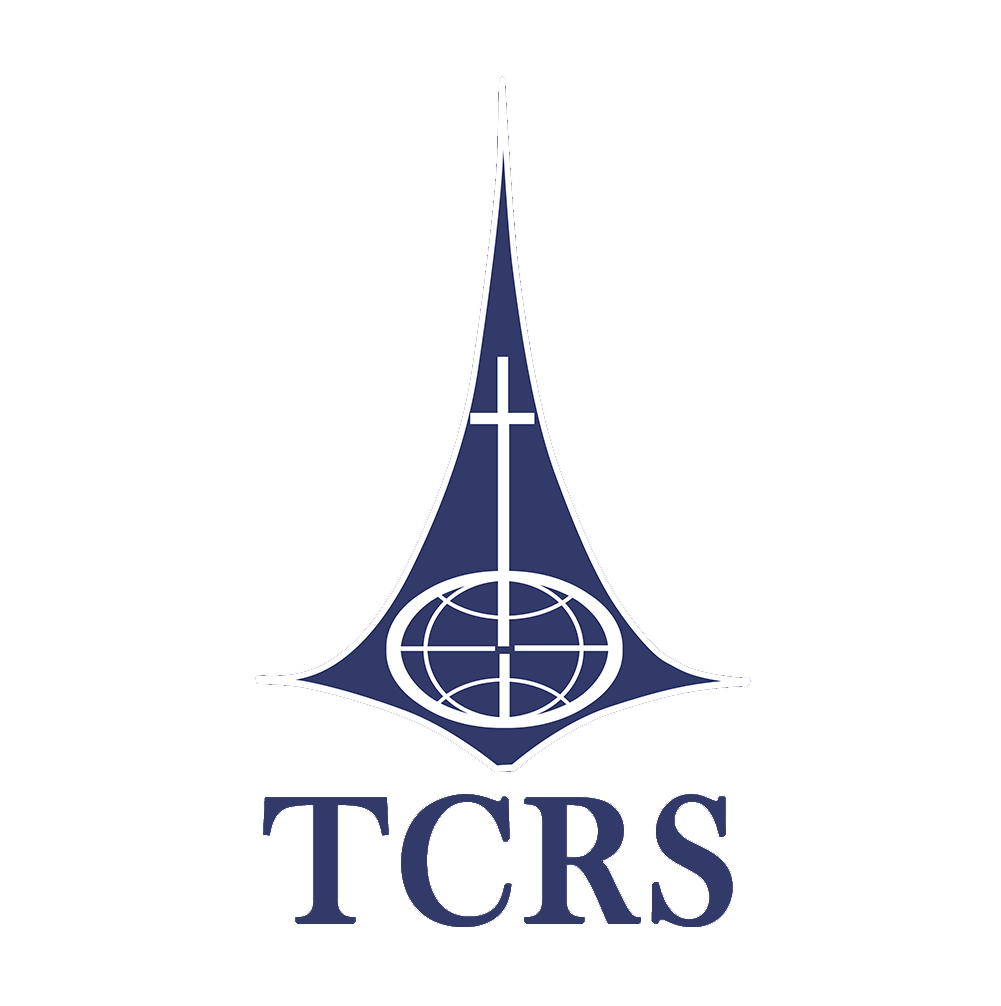Kishapu District Project
in 2022 Finnish Evangelical Lutheran Mission (Felm) supported the Inclusive community resilience
project was implemented in 15 villages (5 wards) intending to enhance communities to attain
food security and increasing income opportunities, improving social services, climate change
adaptation and disaster risk management, environmental conservation and water sanitation
hygiene. innish Evangelical Lutheran Mission (Felm) supported the Small-scale reforestation initiative
project implemented in 2 villages (1 ward) from January to July 2022 with focuses on
enhancing carbon sink through improved vegetation cover, reducing fuel wood demand by
energy efficiency facilities, creating alternative livelihoods for the agents of deforestation and
improving forest resource governance.
Norwegian Church Aid (NCA) supports Climate Smart Economic Empowerment (CSEE)
project which operates in 10 villages (2 wards) targeting to enable small-scale farmers to lift
themselves out of poverty while building community resilience to climate change.
Evangelical Lutheran Church in America (ELCA) supported the Improved food security and
sustainable livelihoods project which was implemented in 5 villages (2 wards) focusing on
enhancing 600 (348 women and 252 men) people to attain food security and livelihood through
improved farming methods of cash and food crops, animal production and environment
protection for climate change adaptation and mitigation.
Foundation for Civil Society (FCS) supports the Transparency and accountability project
targeting to improve delivery of safe clean and enough water in 10 villages (5 wards) by Public
Expenditure Tracking System (PETs).
Women in Law and Development Africa (WiLDAF)-UNFPA with funds from Government of
Finland: My Choice My Rights project implemented in 10 wards comprising 44 villages. The
project aimed at protecting the rights and choices of women and girls, particularly women and
girls with disabilities to enjoy their right to live a life free of discrimination, violence and abuse
and to make decisions concerning their rights. .
Project achievements
1,972 (969 female
and 1,003 male) farmers gained knowledge on practicing climate resilient agriculture hence
increase crop production ultimately attaining food security as well as livelihoods
95 Village Community Bank (VICOBA) groups with 1,902(1,103 female and 799 male) among 760
youths and 18 people with disabilities were actively participating in saving and credit systems
whereas 62 groups were formalized by the local government.
Foundation for Civil Society (FCS) funded a project on good governance and accountability by Public Expenditure Tracking Survey (PETS) in water sector in 10 villages. The direct beneficiaries served by the project were 28,567 people (15,985 female and 12,582 male).
2,125(983female
and 1,142male) were sensitized and trained on various re-greening practices such as tree
management by tree nursery, tree planting and protecting the planted trees as well as
managing the natural germinated trees by Farmers Managed Natural Regeneration (FMNR),
digging the half-moon rainwater harvesting bunds. 850 half-moon rainwater harvesting bunds
dug in degraded land of 30 acres.



